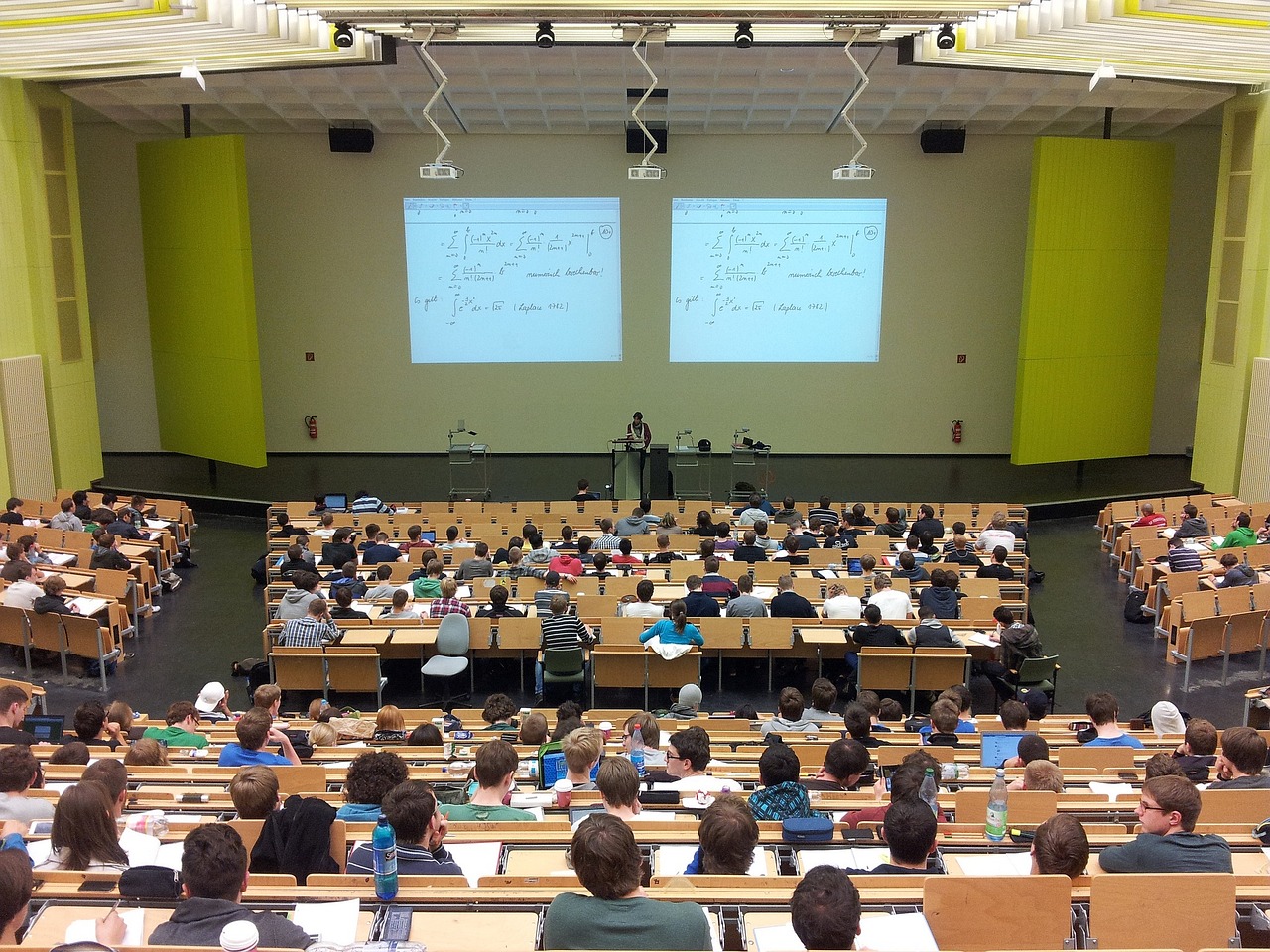
🎥 Watch the full recap here: Germany Weekly News – October 2025 (YouTube)
Is Germany Really Speeding Up — or Just Trying to Catch Up?
Change in Germany is picking up speed — literally. From 10-second bank transfers to new political polls and digital reforms, this week brought both acceleration and anxiety.
While banking and bureaucracy moved forward, inflation ticked up, jobs were cut, and Munich faced moments of real tragedy. Together, these stories show a country modernizing fast — yet still balancing progress with growing pains.
Let’s unpack what really shaped life in Germany this week.
💸 How Will Instant Transfers Change Daily Life in Germany?
Starting October 9, all banks and payment providers in the euro area must offer instant euro transfers — at no extra cost.
Money now moves in under 10 seconds, 24/7. Whether you’re paying rent, sending tuition, or splitting dinner bills, the transfer appears instantly in the recipient’s account.
Another important change: the new Verification of Payee automatically checks if the name and IBAN match before approval — protecting you from costly typos or fraud.
It’s one of those small but powerful shifts that make life smoother for everyone — students, families, and professionals alike.
📈 Why Is Inflation Rising Again?
Inflation climbed to 2.4% in September, marking the second monthly increase. Food and service prices are leading the rise, making everyday life — from groceries to haircuts — more expensive.
If you’ve noticed your budget tightening, you’re not alone. Experts say prices for essentials remain sticky, even as energy costs stabilize. Keeping a closer eye on expenses and subscriptions is becoming the new normal for households across Germany.
✈️ What Do Lufthansa’s Job Cuts Mean for the Job Market?
Lufthansa announced plans to cut 4,000 administrative jobs by 2030, focusing on digital transformation and efficiency.
This isn’t a sudden mass layoff roles will phase out gradually as the company automates and reorganizes.
The message is clear: digital and data skills are in demand, while traditional office roles are consolidating. For anyone entering Germany’s job market, upskilling in analytics, IT, and automation could be the best job security plan.
🚨 What Happened in Munich This Week?
Munich saw two tragic incidents that shook the city’s usual calm.
On September 30, a 45-year-old scooter rider lost her life after colliding with a truck in the Heckenstaller Tunnel. Police continue to seek witnesses.
Shortly after, in Lerchenau, a house fire caused by arson claimed two lives and injured two others. The case, linked to a family dispute, led to a temporary bomb threat that briefly shut down the Oktoberfest grounds.
These events serve as a sobering reminder that even Germany’s safest cities face moments of deep human loss.
🍺 Was Oktoberfest Really in Danger?
Yes — but only briefly. Following the Lerchenau incident, a bomb threat forced the Oktoberfest grounds to close for several hours. By 5:30 p.m., police cleared the area and festivities resumed safely.
The swift reopening showed Munich’s resilience — but it also sparked a debate: should future Wiesn seasons be extended to make up for such interruptions, or should tradition stay as it is?
🛩️ Why Were Drones Flying Over Munich and Erding?
On Thursday, October 2, multiple drones were spotted over Munich Airport and a nearby Bundeswehr site in Erding.
Flights were suspended at 10:30 p.m., leading to 17 cancellations and 15 diversions. Airspace reopened by midnight, but investigations continue.
The incident revealed how fragile modern infrastructure can be — a handful of drones grounded one of Europe’s busiest airports in minutes.
🗳️ Are Germany’s Political Winds Shifting Again?
A new national poll shows CDU/CSU edging ahead of the AfD, while public confidence in the government’s economic policy continues to decline.
This shift could shape next year’s political landscape — influencing tax reforms, labor laws, and migration policy. For expats and international students, it’s a sign that Germany’s political conversation is evolving quickly.
💻 Can 80 Bureaucracy Reforms Really Simplify Life in Germany?
The government announced a Modernization Agenda with 80 measures to simplify bureaucracy — from 24-hour company registration to faster digital vehicle licensing.
If even part of it succeeds, it could save citizens and businesses up to €16 billion in time and administrative costs.
For anyone who’s ever stood in a queue at the Bürgeramt, this could be life-changing.
🌍 What Does It All Mean for People Living in Germany?
Germany is moving — sometimes too fast, sometimes not fast enough.
This week’s stories reflect that tension between modernization and adjustment: instant banking meets slow reforms, efficiency meets tragedy, optimism meets inflation.
But progress is still happening — and every change, from digital payments to red-tape cuts, builds toward a more responsive, modern Germany.
🎥 Watch the full breakdown here on YouTube: Germany Weekly News – October 2025
If you’re studying, working, or building your future here, stay informed, stay adaptable, and stay hopeful.
EtaInfi will keep helping you understand what’s changing — and how to make it work for you.


